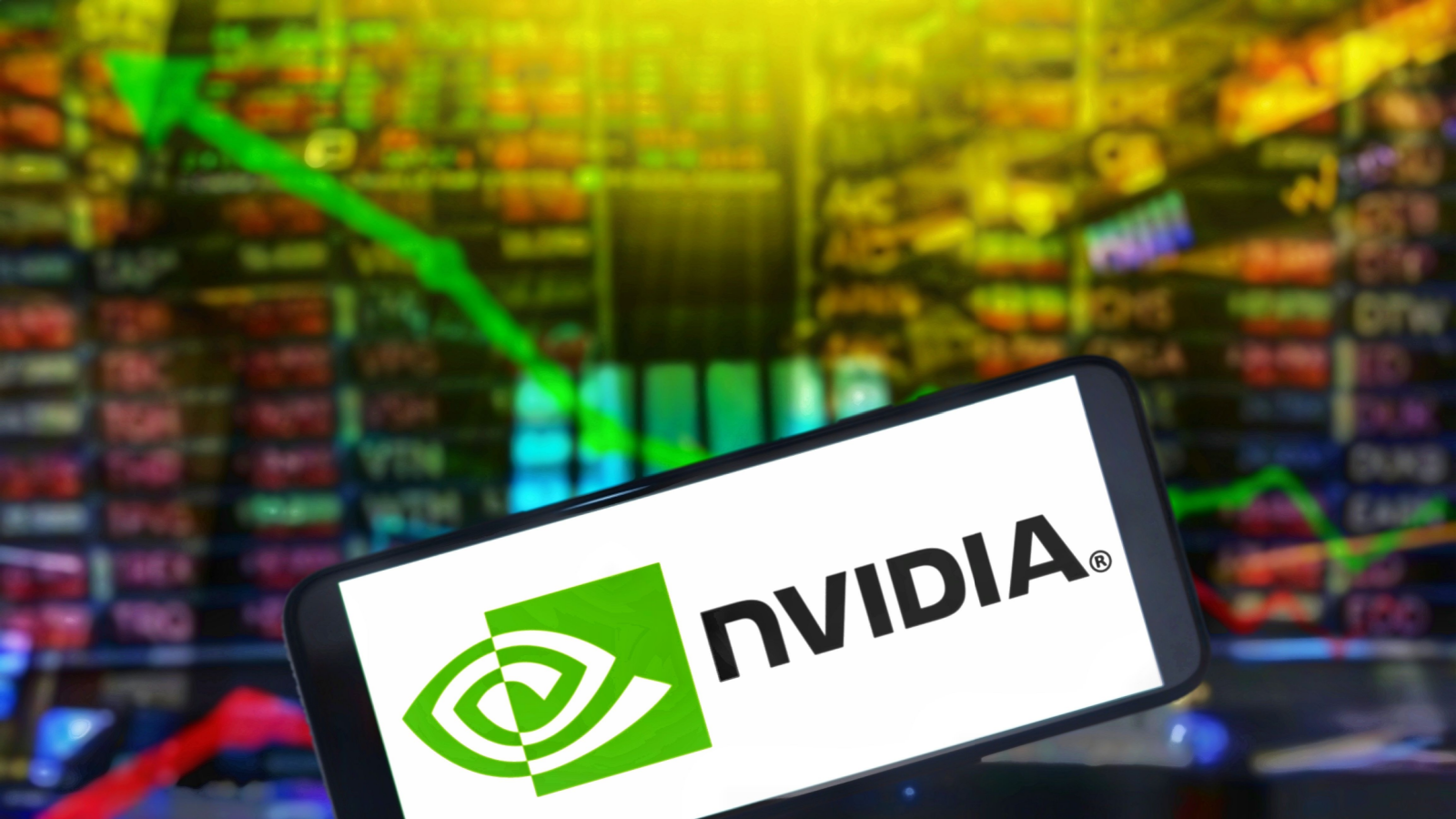
Nvidia (NASDAQ:NVDA) has been a darling of the stock market throughout much of 2023. Yet, many traders and even some analysts are highly concerned about NVDA stock now. Still, I encourage investors to stay calm. Irrespective of the perceived headline risk, Nvidia will continue to sell plenty of artificial intelligence (AI) chips in the coming months.
When international tensions flare up, it feels like the crisis will last forever. However, seasoned investors have seen crisis situations come and go, and they capitalize on the market’s tendency to overreact in the short term.
In case you didn’t get the memo, the U.S. government is tightening restrictions on exports of AI microprocessors to China. This will have an impact on AI chipmaker Nvidia, no doubt. But then, there’s no need to exaggerate the impact of this development or, worse yet, panic-sell your share position in Nvidia.
NVDA Stock Dips on U.S.-China Chip Challenges
First come the headlines, then the share selling, and finally, the analysts’ price cuts. That’s the typical order of events when a perceived crisis situation, such as a trade war, presents itself.
In this case, the financial press has thoroughly covered U.S. AI chip export curbs to China as well as their impact on Nvidia. The message is loud and clear: Gamers in China will have to pay more for Nvidia’s graphics cards, and NVDA stock has pulled back due to investors’ consternation.
And now, here come the analysts’ price target cuts. Already, I’ve seen two examples of this. First, Citigroup analysts lowered their price target on Nvidia shares from $630 to $575.
Then, KeyBanc Capital Markets analyst John Vinh reduced his price target on NVDA stock from $750 to $650. On the other hand, these price targets still imply considerable upside from the current Nvidia share price. So, there’s really no need for investors to worry too much.
Nvidia Is Still the AI Chip Champ
My first response to all of this is that trade restrictions between the U.S. and China tend to be temporary events. Hence, Nvidia’s long-term shareholders should just relax and stay in the trade.
Furthermore, according to a Reuters report, Nvidia “has historically been the leading provider of AI chips in China with a market share exceeding 90%.” It’s unlikely that another company is going to displace Nvidia as the AI chip king in China (or in the U.S., for that matter) anytime soon.
Additionally, there’s a tidbit from Taiwan Semiconductor’s (NYSE:TSM) recent quarterly conference call that should encourage NVDA stockholders. Taiwan Semiconductor CEO C.C. Wei declared, “AI demand continues to grow stronger and stronger … We are working hard to increase capacity to meet demand.”
This is significant because Taiwan Semiconductor is Nvidia’s primary supplier of AI chips. During the conference call, Taiwan Semiconductor stated that it plans to double its advanced chip-packaging capacity, known as CoWoS, by the end of next year.
Besides, it doesn’t seem that Nvidia’s management is losing sleep over the U.S.-China trade tensions. Nvidia confidently stated in a filing:
“Given the strength of demand for our products worldwide, we do not anticipate that the additional restrictions will have a near-term meaningful impact on our financial results.”
NVDA Stock: This, Too, Shall Pass
I’m preparing for the Nvidia share price to reach $650 despite the current issues between the U.S. and China. As we’ve seen, even the concerned Citigroup and KeyBanc analysts envision Nvidia shares rising into the $600s.
So, the right attitude for the long term is that Nvidia’s problems will pass. I encourage current investors to continue holding NVDA stock and, if you don’t have a share position already, now is a great time to start one.
On the date of publication, David Moadel did not have (either directly or indirectly) any positions in the securities mentioned in this article. The opinions expressed in this article are those of the writer, subject to the InvestorPlace.com Publishing Guidelines.




